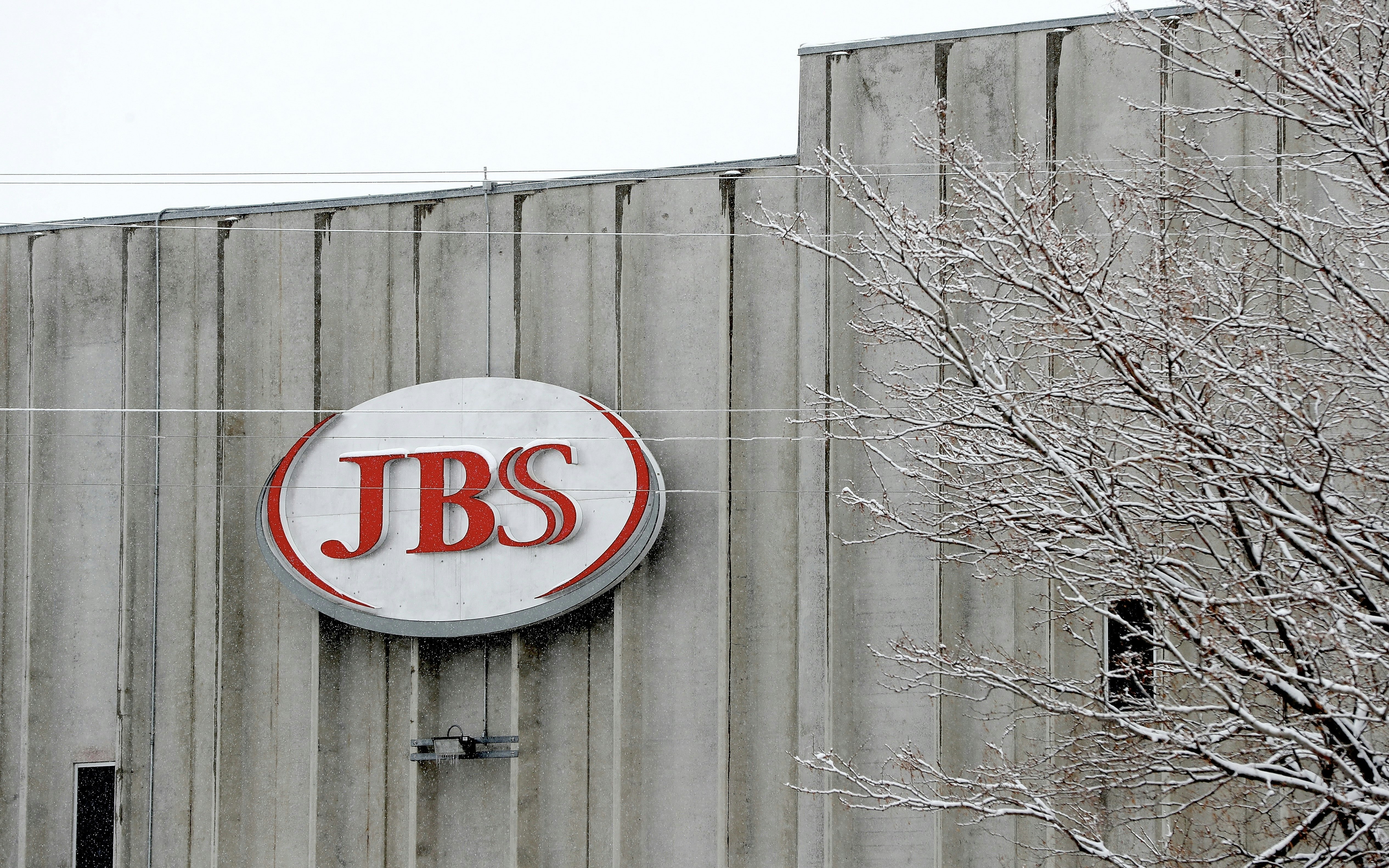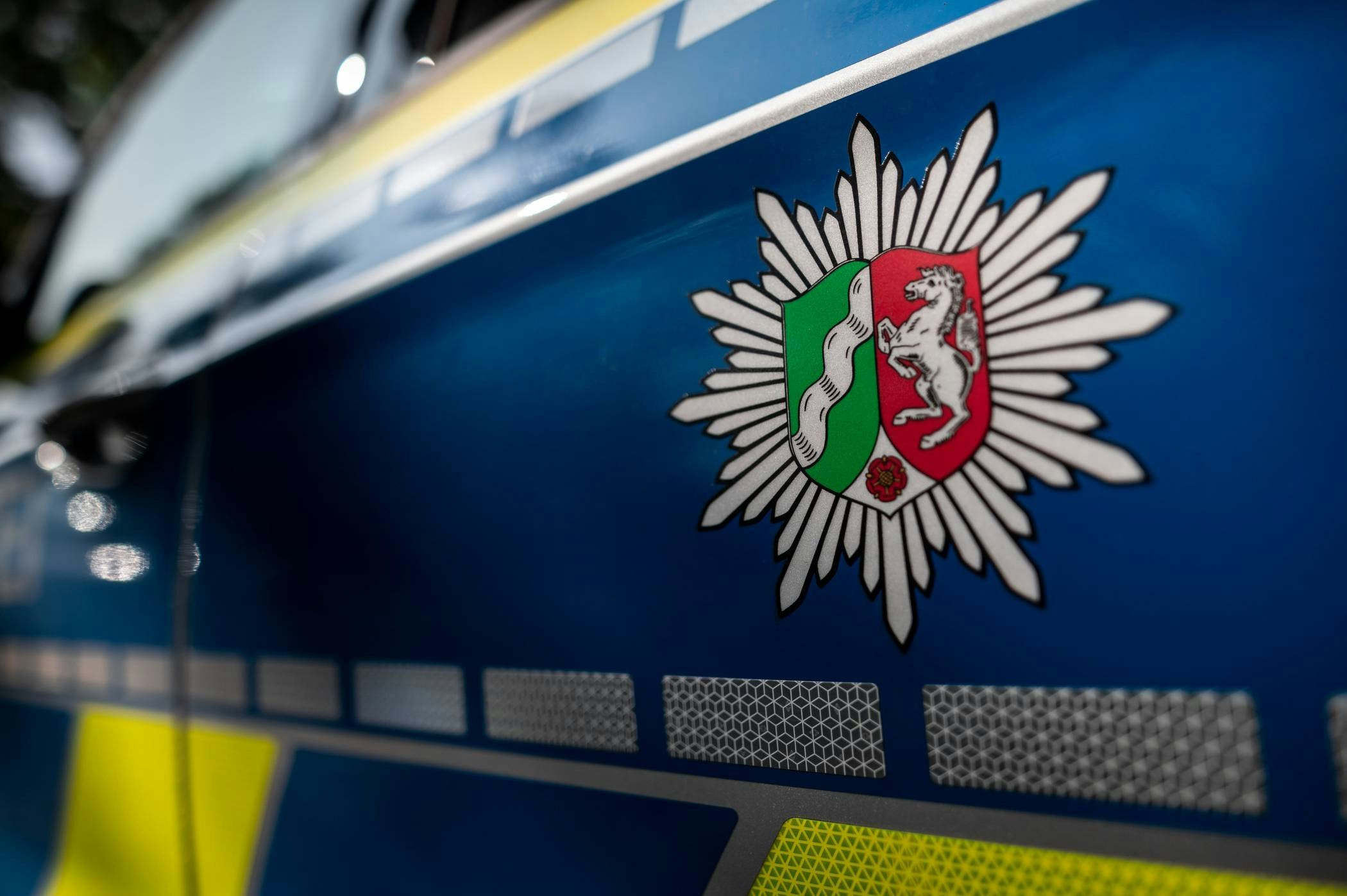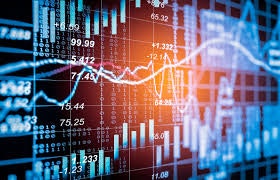Business
JBS Dares US Stock Market Debut – Billions in Revenue Meet Legacy Issues and Investor Criticism
JBS is relying on a U.S. listing for global reach but continues to struggle with legacy issues, governance questions, and environmental criticism.

With a direct listing on the New York Stock Exchange, the world's largest meat processor JBS has taken a decisive step towards internationalization—without banks, without a roadshow, but with a clear goal: to establish itself as a US company. The market entry in the USA takes place amid robust business figures, growing environmental criticism, and ongoing doubts about governance.
On Friday, JBS shares began trading on the NYSE under the ticker symbol JBS at an opening price of $13.65. By the close of trading, the price increased by nearly 2 percent, despite weaker overall markets. This followed the voluntary delisting from the São Paulo stock exchange, where the stock had been listed for almost two decades. Future listings in Brazil will be in the form of so-called BDRs (Brazilian Depositary Receipts).
With this step, JBS aims to reduce capital costs and improve access to international investors, according to CFO Guilherme Cavalcanti. The company is not raising capital through the listing. "We're just doing bureaucracy here - why should we pay banks for that?" Cavalcanti told the Wall Street Journal.
JBS generated an annual revenue of nearly 80 billion USD in 2024, more than half of which came from North America. The net profit was around 2 billion USD - a significant turnaround compared to the previous year. In the USA, the company is the market leader in beef, the second largest supplier of pork, and the majority owner of Pilgrim's Pride, the second largest chicken producer in the country.
But the IPO is not without controversy. The parent company J&F Investimentos, controlled by brothers Wesley and Joesley Batista, admitted to paying $150 million in bribes to Brazilian politicians in 2017. Both were jailed for several months as a result. Even though J&F reached a settlement with US authorities in 2020, major banks like Goldman Sachs, JPMorgan, and Morgan Stanley still avoid doing business with the group.
Additionally, the company's environmental record has drawn criticism. NGOs accuse JBS of contributing to Amazon deforestation, which the company denies. A bipartisan group of US senators has urged the SEC to scrutinize the listing. Advisory firms like Glass Lewis and ISS recently recommended voting against the US listing, partly due to the high concentration of voting rights at J&F, which is expected to hold around 85 percent of the voting rights.
Despite these resistances, JBS received SEC approval in the spring and got the green light from its shareholders in May. CEO Gilberto Tomazoni speaks of a "new chapter in the company's history." Indeed: With 280,000 employees worldwide, an aggressive growth strategy, and a market presence that could hardly seem more American, this IPO marks a strategic turning point.






